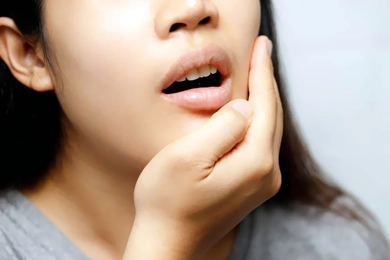
Teeth grinding, also known as bruxism, is a common issue that can affect both children and adults. This involuntary habit usually occurs during sleep but can also happen during the day. If left untreated, teeth grinding can lead to significant problems such as jaw pain, tooth damage, and headaches. But what exactly causes bruxism?
Teeth grinding is a condition that should not be ignored. If left untreated, it can cause permanent damage to your teeth and lead to severe jaw muscle strain. If you experience any of the symptoms mentioned, it’s important to seek professional help.
 Factors Exacerbating Lipedema: Triggering Drugs, Foods, and Supplements
Factors Exacerbating Lipedema: Triggering Drugs, Foods, and SupplementsLipedema is a common chronic condition, particularly among women, that leads to abnormal fat accumulation in areas such as the legs and hips, significantly reducing the quality of life. This article discusse ...
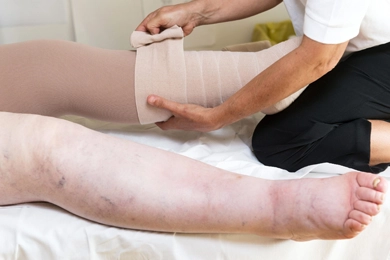 Understanding the Distinctions Between Lipedema and Lymphedema
Understanding the Distinctions Between Lipedema and LymphedemaLipedema and lymphedema are often confused due to their similar names and some overlapping symptoms. However, they are distinct medical conditions with different causes, treatments, and management strategies ...
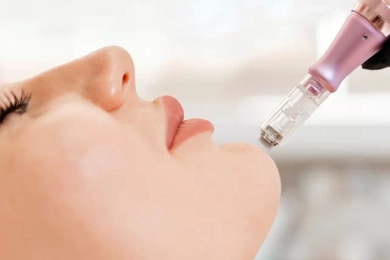 What is the Best Source of Exosomes?
What is the Best Source of Exosomes?Exosome therapy has emerged as an innovative treatment method for skin rejuvenation, hair loss prevention, wound healing, and immune support. The effectiveness of exosomes depends heavily on their source, ex ...
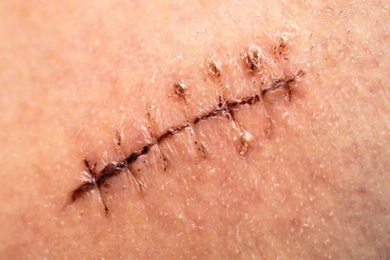 What Can Be Done to Prevent Stitch Scars?
What Can Be Done to Prevent Stitch Scars?Stitches, used after surgeries or injuries, help the skin heal but can often leave unwanted scars behind. The permanence of stitch scars depends on many factors, but with the right precautions, these scars c ...
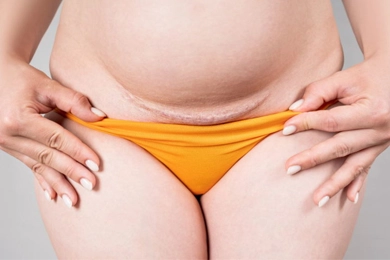 How to Get Rid of Surgical Stitch Scars?
How to Get Rid of Surgical Stitch Scars?After surgery, scars from stitches are often part of the healing process. These scars can cause aesthetic concerns for many, but with the right treatments, their appearance can be significantly reduced. So, ...
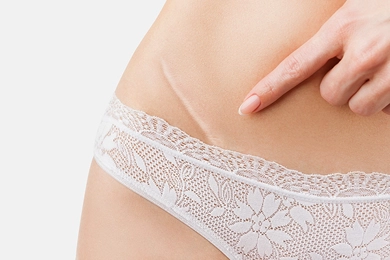 How Does Stem Cell Therapy Reduce Surgical Scars?
How Does Stem Cell Therapy Reduce Surgical Scars?Surgeries are often vital steps to improve health, but they can leave behind scars that are particularly bothersome for those with aesthetic concerns. Traditional treatments may not always be effective enoug ...
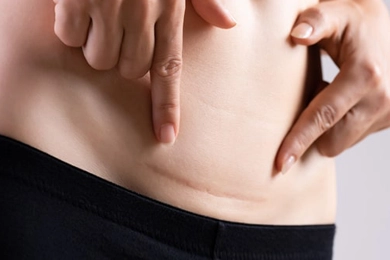 Does Stem Cell Therapy (SVF) Prevent Scar Formation on the Skin?
Does Stem Cell Therapy (SVF) Prevent Scar Formation on the Skin?Scarring is a natural part of the body’s healing process after injuries, surgeries, or trauma. However, excessive scarring can sometimes lead to aesthetic concerns or functional limitations. Recent studies s ...
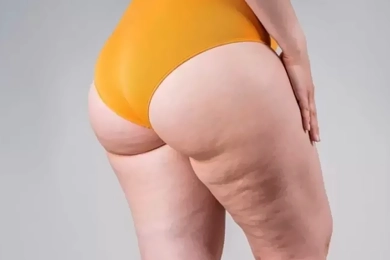 Advantages of Having Lipedema Surgery in Turkey
Advantages of Having Lipedema Surgery in TurkeyTurkey has become a global hub for lipedema surgery due to its skilled surgeons, modern facilities, and affordable healthcare options. In this post, we’ll explore the advantages of having lipedema surgery in ...
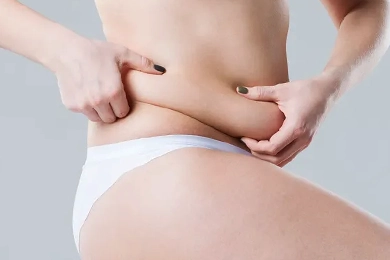 Why You Should Get a Tummy Tuck in Turkey
Why You Should Get a Tummy Tuck in TurkeyWhen considering a tummy tuck (abdominoplasty),selecting the right country for the procedure is crucial. Turkey has emerged as one of the top destinations for medical tourism, especially in the field of cosm ...
 Is There an Age Limit for Facial Stem Cell Therapy?
Is There an Age Limit for Facial Stem Cell Therapy?Facial stem cell therapy has become a popular option for those looking to rejuvenate their skin and combat signs of aging. This innovative procedure involves using a patient’s own stem cells to stimulate col ...
 Does Stem Cell Facial Rejuvenation Cause Cancer?
Does Stem Cell Facial Rejuvenation Cause Cancer?Stem cell facial rejuvenation has emerged as a cutting-edge anti-aging treatment in recent years. This procedure uses stem cells extracted from the patient's own body, which are then processed and injected i ...
 How Long Do the Effects of Facial Stem Cell Therapy Last?
How Long Do the Effects of Facial Stem Cell Therapy Last?Facial stem cell therapy has gained significant popularity in recent years as a powerful anti-aging treatment. By using stem cells from the patient's own body, this procedure helps rejuvenate and refresh the ...
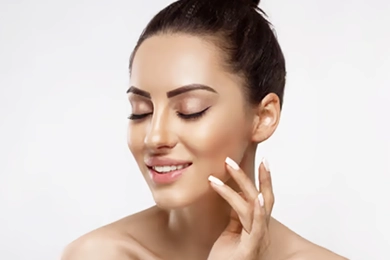 Are HIFU Results Permanent?
Are HIFU Results Permanent?High-Intensity Focused Ultrasound, commonly known as HIFU, has gained popularity as a non-surgical treatment for skin tightening and lifting. But one of the most frequently asked questions is: Are the result ...
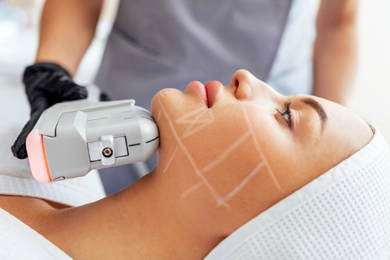 How Long Do the Effects of Non-Surgical Face Lifting (HIFU) Last?
How Long Do the Effects of Non-Surgical Face Lifting (HIFU) Last?Non-surgical face lifting methods, especially HIFU (High-Intensity Focused Ultrasound),have become a popular choice for skin tightening and rejuvenation. But one of the most common questions is: how long do ...
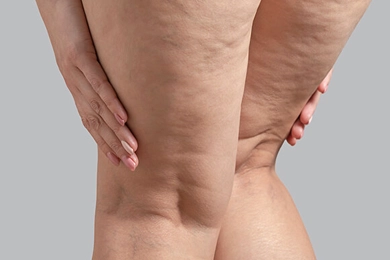 How to Know If You Have Lipedema: A Complete Guide
How to Know If You Have Lipedema: A Complete GuideA persistent medical condition called lipedema is sometimes confused with lymphedema or simply obesity. It is mainly affecting women and is characterized by an abnormal build-up of fat, usually in the arms a ...
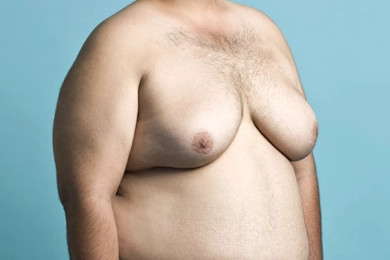 How to Know If You Have Gynecomastia?
How to Know If You Have Gynecomastia?If you suspect you have gynecomastia, it’s important to consult a healthcare professional. Your doctor will perform a physical exam, evaluate your medical history, and may order blood tests to assess hormone ...
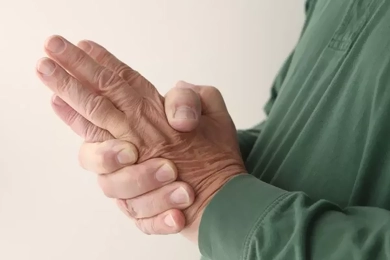 How to Prevent Inflammation?
How to Prevent Inflammation?Have you ever thought about why we age? While aging is a natural process, recent research has shown a surprise component that accelerates it: chronic inflammation. ...